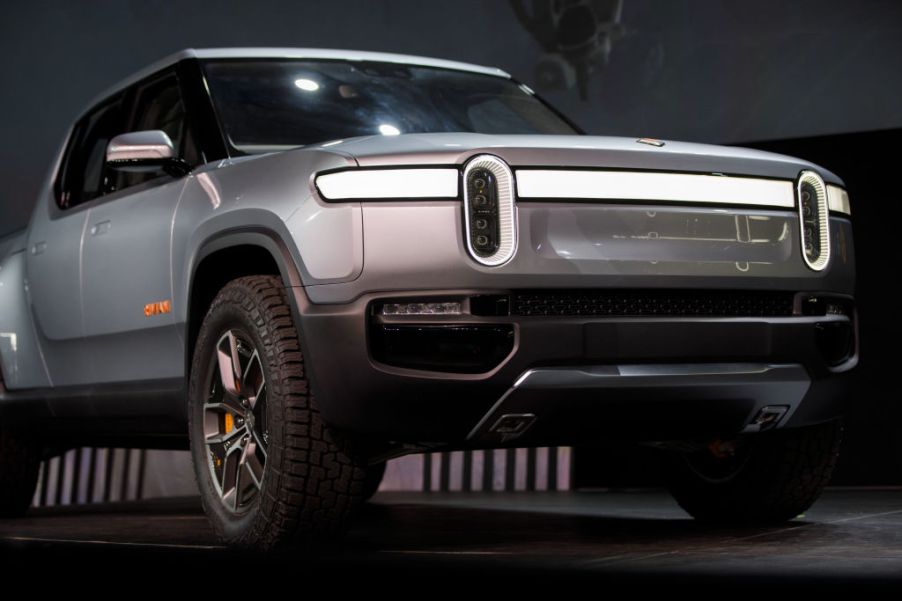
Are Electric Pickup Trucks Doomed to Fail?
Electric cars and trucks may be the vehicles of the future, but typical pickup truck buyers are less than enthusiastic. Farmers, ranchers, and even city drivers who rough it on the weekends are wary of the technology for various reasons.
In a CNBC feature article, everyday pickup users aired their concerns about switching from diesel and gas to electric-powered pickups. It appears that if major automakers are serious about expanding the market into electric pickups, these companies will need to take measures to change the perceptions of the primary consumer base of trucks.

Power equivalency
One of the main concerns mentioned by pickup truck users is the power when compared with non-electric pickups. The general belief is that electric pickups will not have the same towing and hauling capacity as their gas and diesel-powered counterparts.
For farmers, ranchers, and tradesmen who depend heavily on their trucks for their livelihood, they can’t risk reduced performance, especially if it comes with a higher price tag.
Range, recharging, and repairs
Pickup consumers also pointed out that battery life, recharging, and vehicle repairs would become a huge factor in their ability to use an electric truck. Most electric trucks have a range of approximately 100 miles before it must recharge.
Although Tesla previously touted a million-mile battery for its upcoming electric truck release, it has scaled it back to 400-500 miles, and there’s no telling how that will stand up when hauling heavy loads or navigating rough terrain.
In spite of the fact that some businesses are looking to expand services to include easy plug-ins for electric vehicles, charging stations outside major urban areas are still virtually nonexistent. Therefore, in order to appeal to common pickup users, who often take their trucks far afield, extended battery life and easier recharging options must be considered.
What’s more, truck drivers who live and work in remote areas will face the real challenge of ensuring regular maintenance and repairs. If the electric truck requires a repair, owners in rural areas will be hard-pressed to find a local mechanic who is able to assist. The specialized equipment in an electrical truck will require a specialized repair person, and that may not be easy to come by in the country.
The cultural perception
In addition to their concerns about the mechanical and logistical aspects of electric pickup ownership, there is a general view on the part of pickup owners that an electrical truck is showy and flashy, but not useful. An electric pickup truck, they believe, conveys a playboy mentality for a luxury vehicle that has no place in the working truck culture.
Marketing techniques
In the face of these concerns, major automotive companies are changing the messaging on these trucks to emphasize the power and durability of them. They have heard truck consumers’ calls for sturdiness and reliability, and are answering with a more robust concept.
Ford is ahead of the marketing game in this respect, with a heavy emphasis on its motto “built Ford tough” throughout its ads for the prototyped electric F-150 pickup. With images of construction workers and farmers outdoors, Ford is leaning on its customer base to give the electric option a chance.
Ford isn’t the only automaker emphasizing power. According to a report by The Verge, Tesla’s Elon Musk claims that the new Cybertruck will outperform the F-150 in power, with a projected towing capacity of 300,000 lbs. Per Musk’s November 6 tweet, we can expect more details when the electric truck is unveiled on November 21, 2019.
If truck makers are hoping for a turnaround of its base consumers, electric pickup truck makers will need to find a way to convince their customers that they will get something out of it. Pickup drivers want to know they can use their pickup for work, wherever they are, and it appears that current models still fall short of that expectation.


